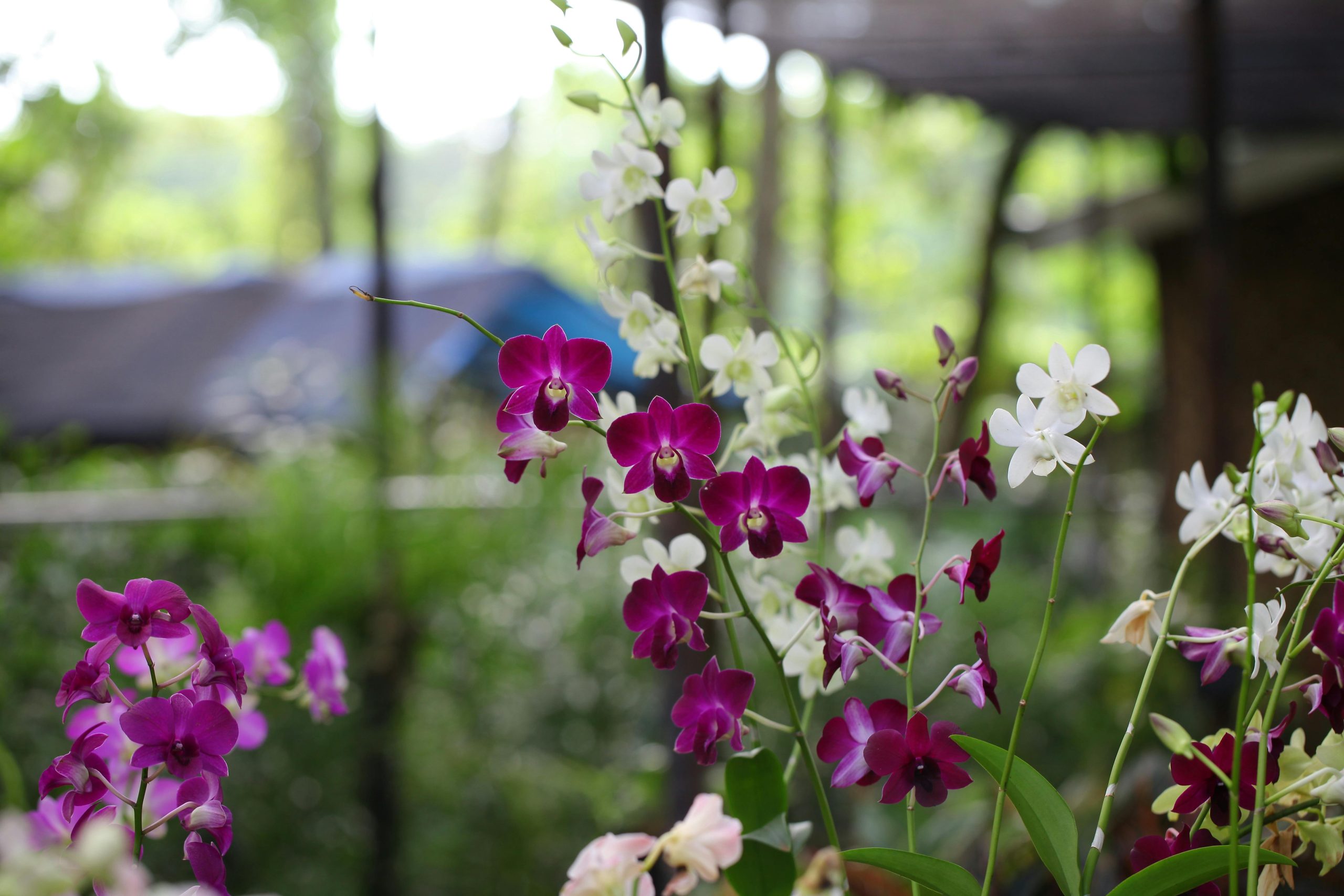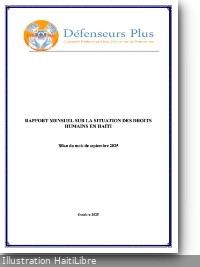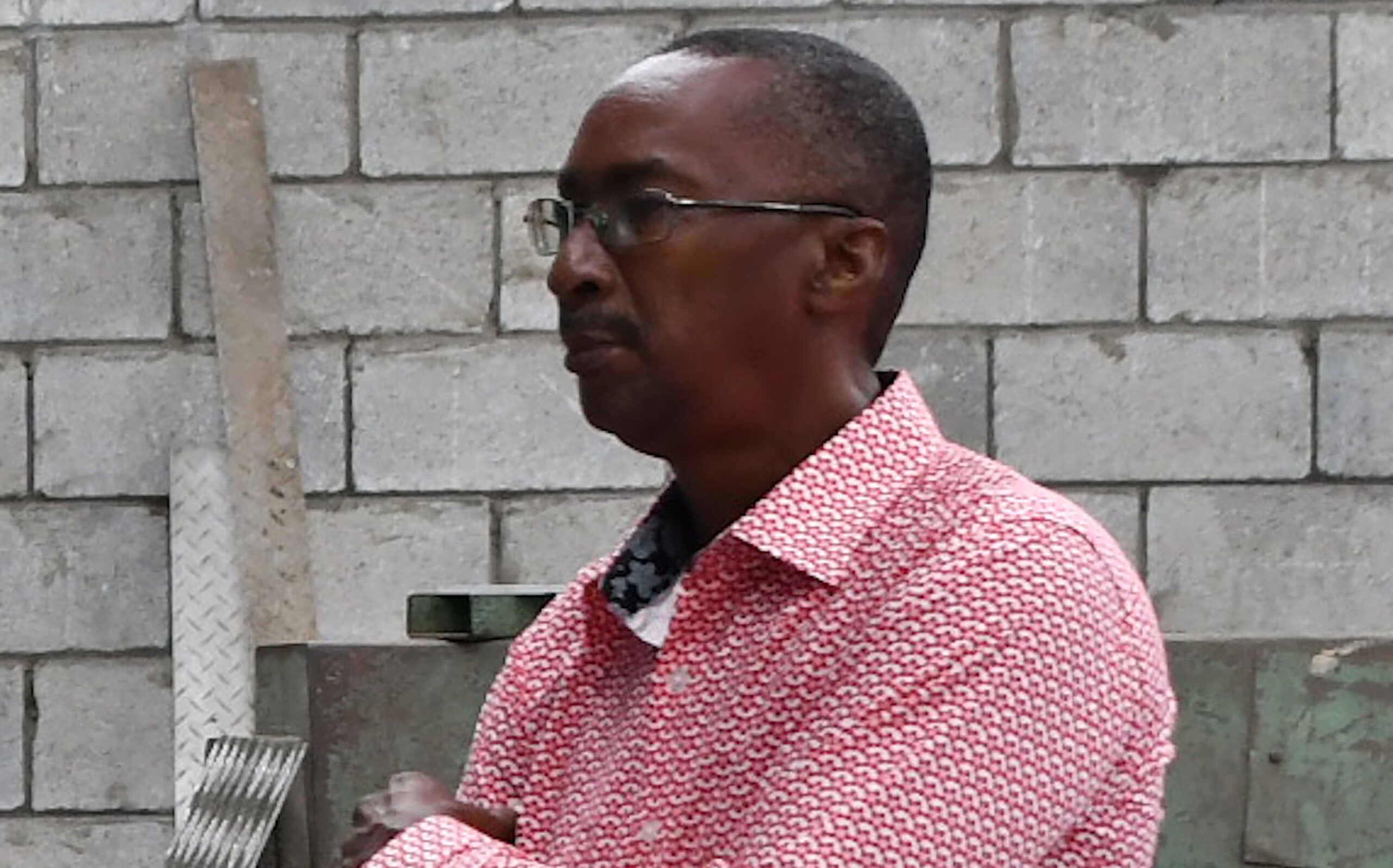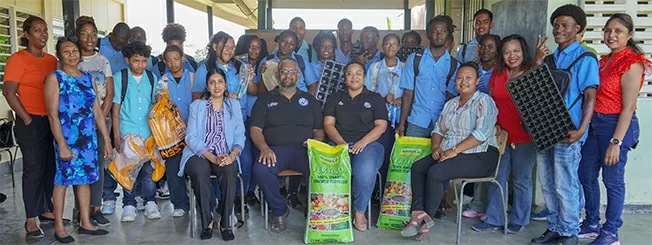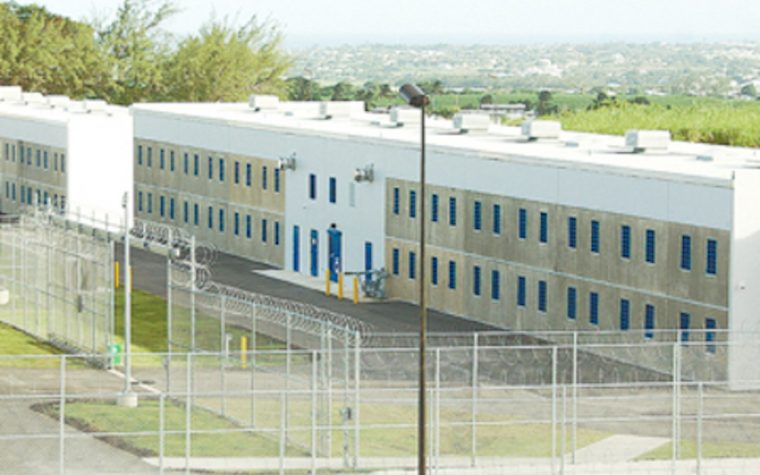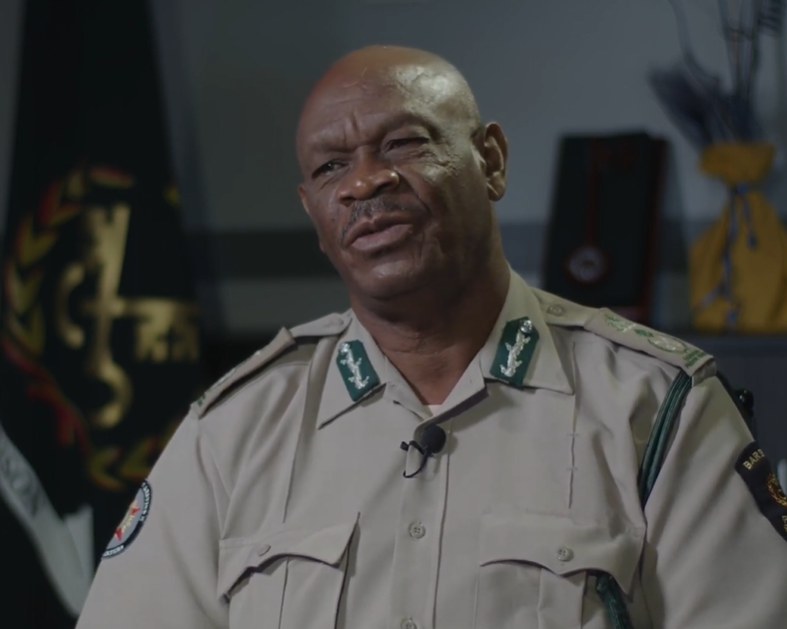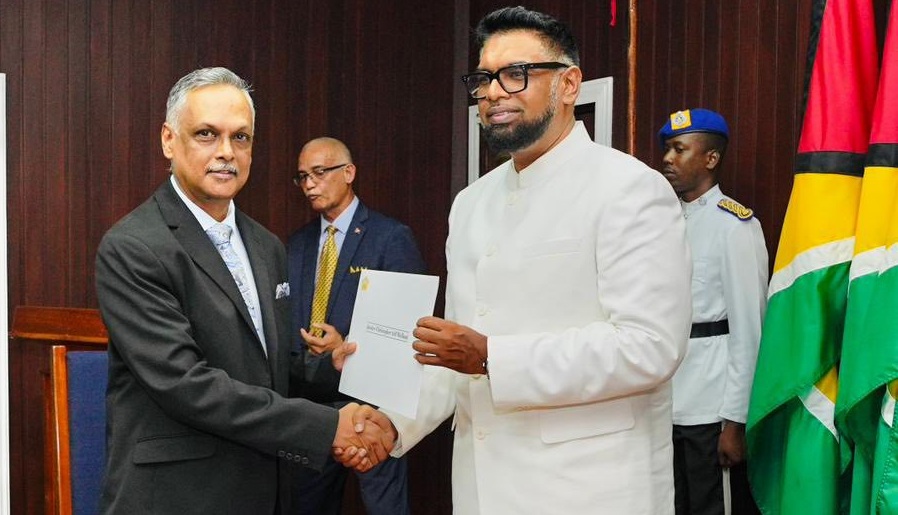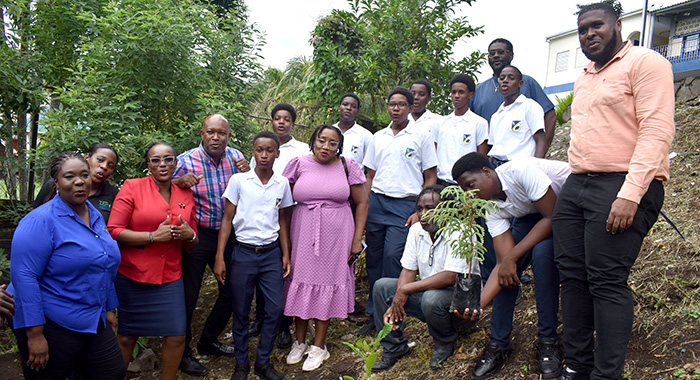Santo Domingo’s Dr. Rafael M. Moscoso National Botanical Garden (JBN) has launched the 19th edition of its National Plant and Flower Festival, a vibrant celebration of the Dominican Republic’s botanical heritage and a platform for environmental education. The event, which runs until Saturday, October 19, has attracted 106 exhibitors, including international participants from Ecuador, Puerto Rico, and Canada, showcasing a wide array of ornamental plants. Visitors arrived early to explore the displays, with orchids emerging as a crowd favorite.
At the opening ceremony, JBN Director General Pedro Suárez underscored the festival’s 19-year legacy, emphasizing its dual role in promoting plant care expertise and raising environmental awareness. Suárez expressed optimism about surpassing last year’s attendance record of 15,000 visitors. The festival offers a packed schedule of activities from 9:00 a.m. to 6:00 p.m., catering to diverse interests. Highlights include workshops on Kokedama techniques, urban and educational gardening, bonsai art, and floral arrangement. Additionally, children can engage in crafts using natural materials, while free talks and workshops delve into critical topics such as environmental conservation, the protection of native and endemic flora, ornamental plant production, and pest and disease management.
This year’s festival not only celebrates the beauty of plants but also serves as a hub for fostering a deeper connection between the community and nature, reinforcing the importance of sustainable practices and biodiversity preservation.
